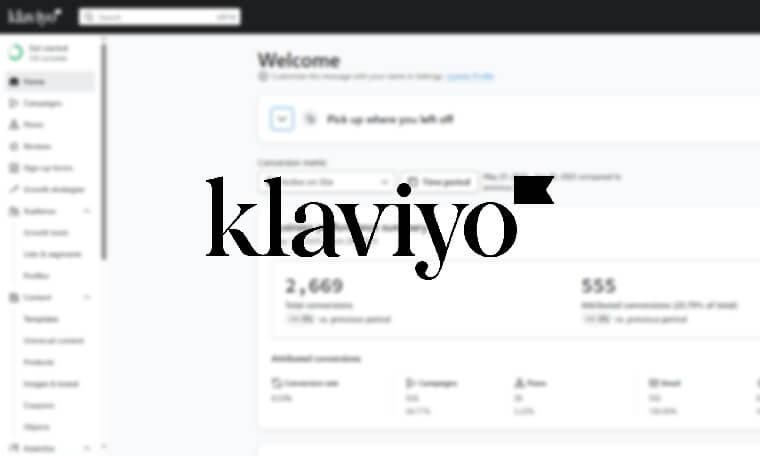How to get the right backlinks for your website
Friday, 21st September 2018

Good quality links that bring visitors are vital to the success of your website.
Think of links between websites as being the virtual roads that connect the web together. The more roads you have leading to your website, the more customers you'll get.
A link to another website is a big deal. If you put a link on your website to someone else, it will send your customers over to them, and who wants to send customers away? As a result, Google sees incoming links as a strong recommendation of trust, and they are a big factor in how your site is ranked by Google.
Unfortunately, since this became a ranking factor, some website owners have tried to cheat the system and manipulate their incoming links in an effort to appear higher up in google. Google has countered this by developing ways to devalue "link spam" and penalize offending websites by dropping them down the rankings.
So if you want a successful website with good visibility in Google, you need to have a diverse range of incoming links to your website that appear to have grown naturally. Here's what you need:
A Mixture of Link Types
Too much of the same type of link looks unnatural. However you go about getting links in to your website (promoting your content, checking the backlinks your competitors have, sponsorship, guest blogging, outreach etc. ), make sure you don't lean too heavily on one particular way of doing it, even if it is working well for you.
A Diverse Link Neighbourhood
Just like in real life, the quality of your neighbourhood can affect the value of your own property. A good link to your website should come from a website that is relevant and has some connection to yours, has authority in your field and is well optimised itself. But you can't only aim for these sort of links, you need incoming links from a diverse range of sites.
A Broad Range of Link Text
Google takes a close look at the text that is used in the link (the word that people click on to come to your website). Spammy looking link text (such as hundreds of websites all linking to you with your exact keyword as the link text) is a red flag in Google's eyes. Natural incoming links will be a variety of
- your company name
- your website address
- generic words (such as "click here" or "this site")
- the keyword you want to be optimised for
So when you're building links, they need to appear to be as natural as possible.
If you want some advice on link building tactics, or search engine strategies, please get in touch.
PS Don't forget to link to this article from your own website




